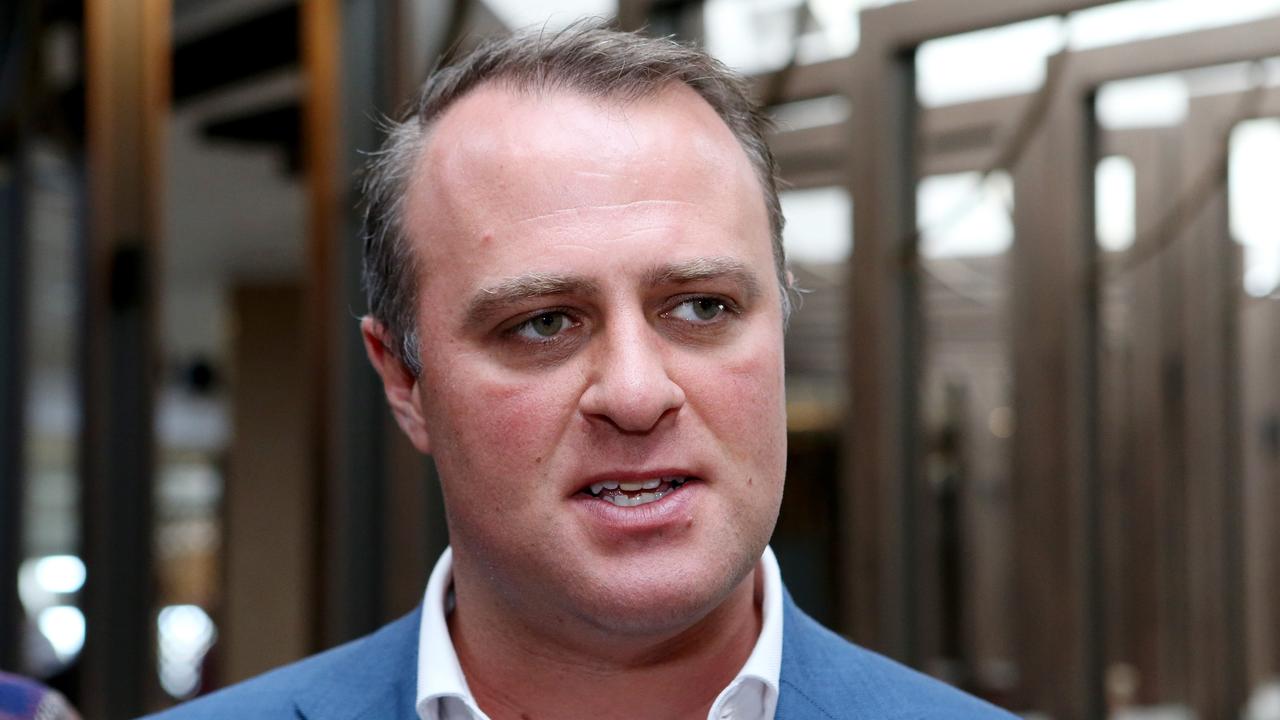Grattan Institute relunctantly endorses Labor’s ‘second best’ franking policy, warns of costs
Labor’s ban on refundable excess franking credits has been declared a “second-best policy in a third-best world”.

Labor’s ban on refundable excess franking credits has been declared a “second-best policy in a third-best world” by the Grattan Institute think tank, which has endorsed the measure as one of the few ways to take pressure off the federal budget as more Australians retire.
In a submission to a parliamentary inquiry into the proposal, institute fellows Danielle Wood and Brendan Coates warn of a series of expected economic costs from introducing the measure.
These include the potential reduction in investment in Australian companies, an increase in the overall tax applied to savings, and an impact from possible switching from self-managed superannuation funds to large, regulated funds.
“In a world where there is no appetite for wholesale tax reform, where the government faces a long-term budget challenge, and where the income tax burden on working Australians continues to rise, a policy that indirectly requires richer older Australians to contribute may be the best we can do,” the submission says.
The institute says the proposal undermines the principle of charging company profits at investors’ marginal tax rates and the incentive to invest in local companies as opposed to offshore firms. “(But) abolishing cash refunds may well be a reasonable second-best policy in a tax system rife with distortions.”
Liberal MP Tim Wilson, who chairs the inquiry, yesterday said Labor’s proposal would leave hundreds of retirees “on very modest” retirement balances losing up to a third of their income.
“What sort of political party decides that the best thing to do is to push 85-year-olds down the staircase? That’s what they’re doing,” Mr Wilson said.
Labor’s plan, which unwinds the government’s decision in 2000 to introduce cash refunds for excess dividend imputation tax credits for people who receive more in franking credits than they pay in tax, is expected to save the budget $10.7 billion over four years and $56bn over the next decade
Older households pay $7500 less in income tax in real terms compared with 20 years ago, despite large increases in incomes and wealth, while over the same time taxes on working-age householders have risen.
According to a detailed analysis of the proposal by the independent Parliamentary Budget Office released this week, 53 per cent of excess franking credits claimed by SMSFs were to funds with more than $2.44m in assets. Funds with more than $1m claimed 82 per cent of the franking credits, worth $2.1 billion a year.
The Grattan said the policy was needed to address the “growing hole” in Australia’s tax base, which was set to worsen as more workers enter retirement, putting further pressure on the federal budget.
The Grattan argued a “better way” to fix the tax system was to tax superannuation earnings in the pension phase at 15 per cent and wind back the seniors and pensioners tax offset. “That would achieve the same benefits but without some of the investment-distorting effects of Labor’s policy.”


